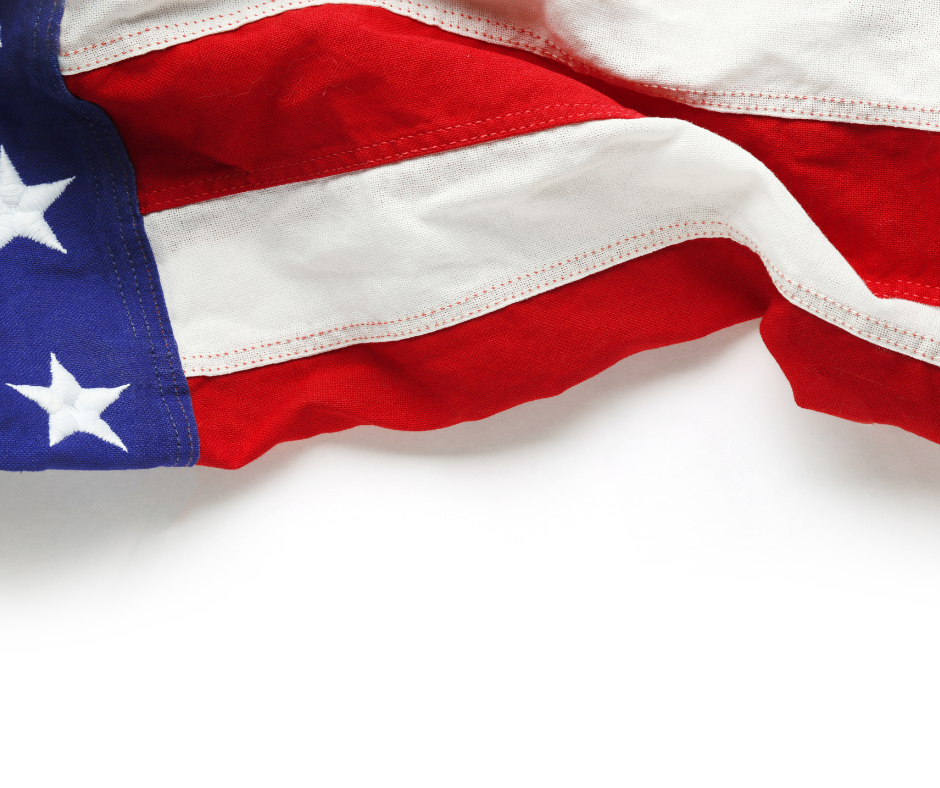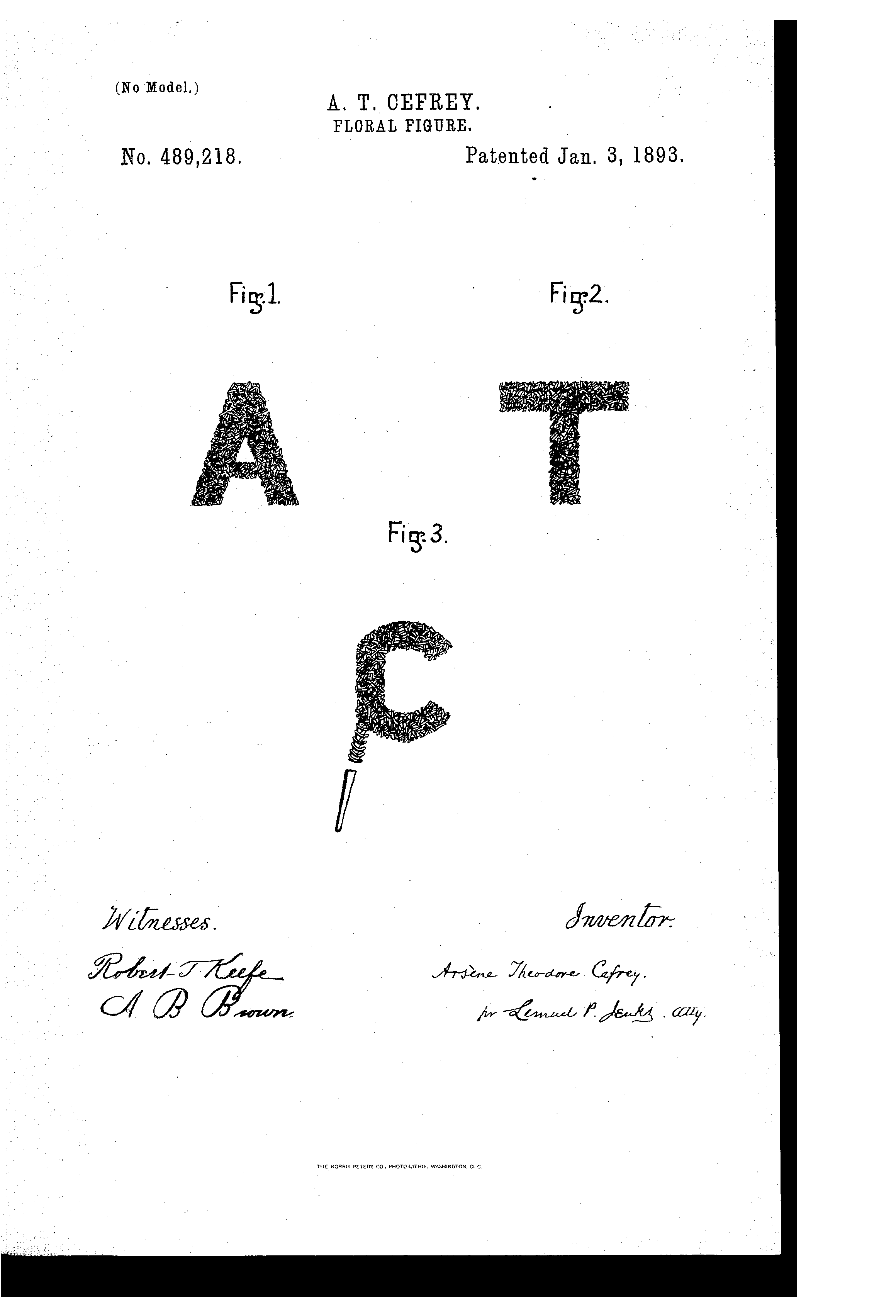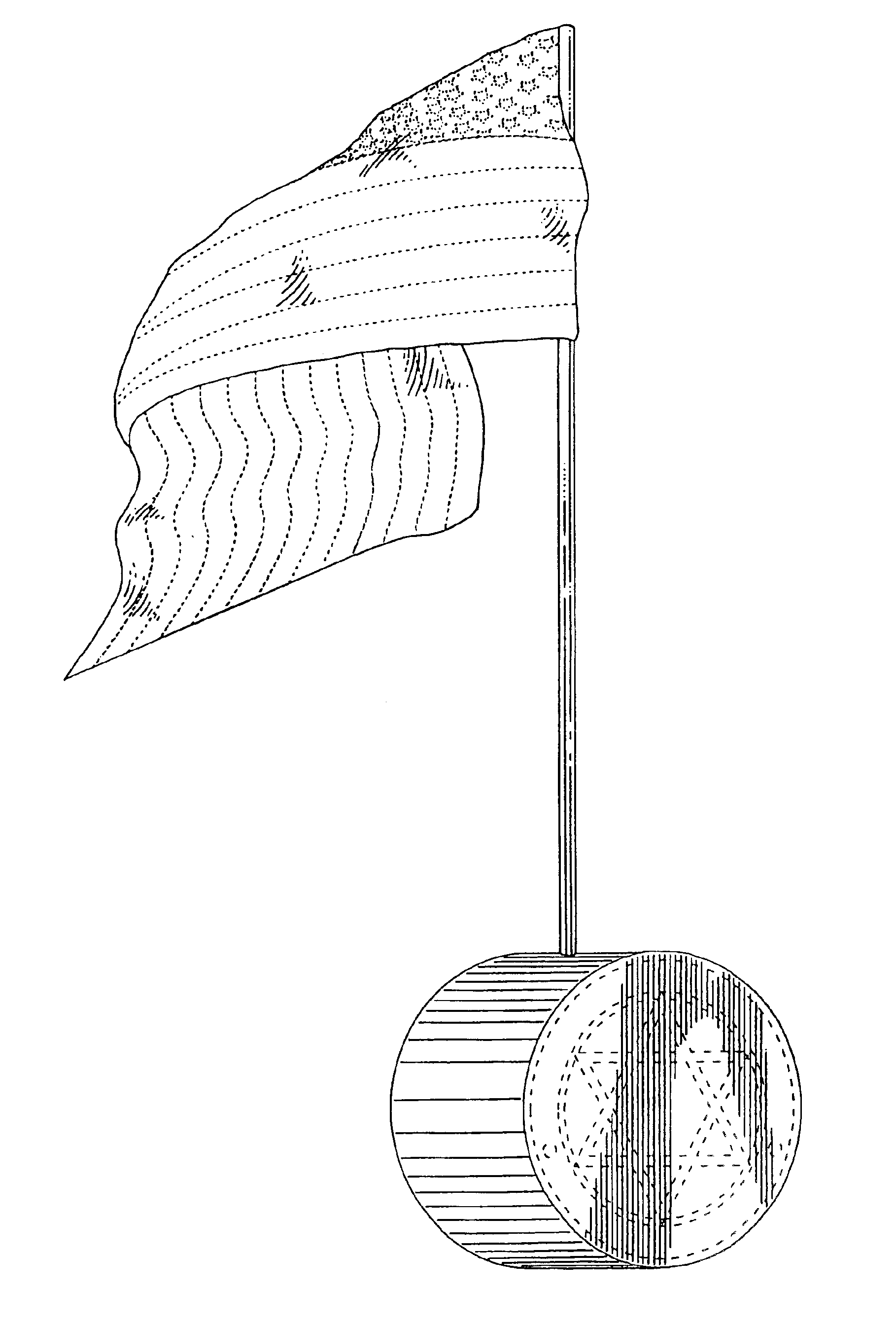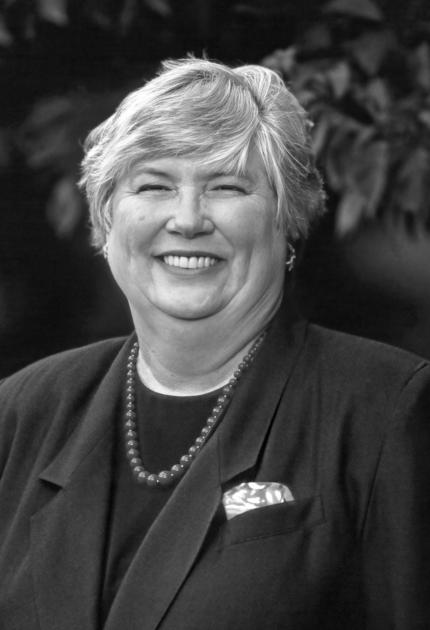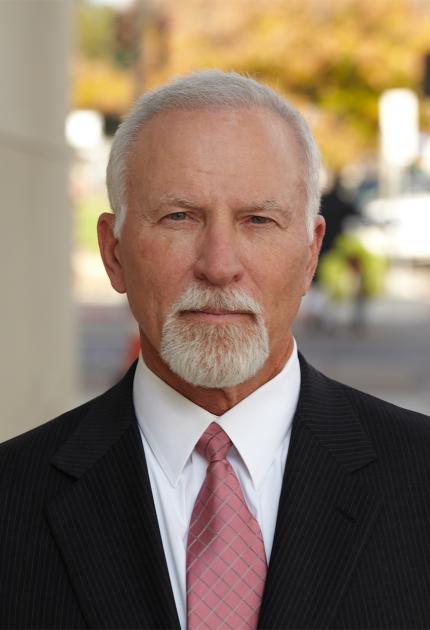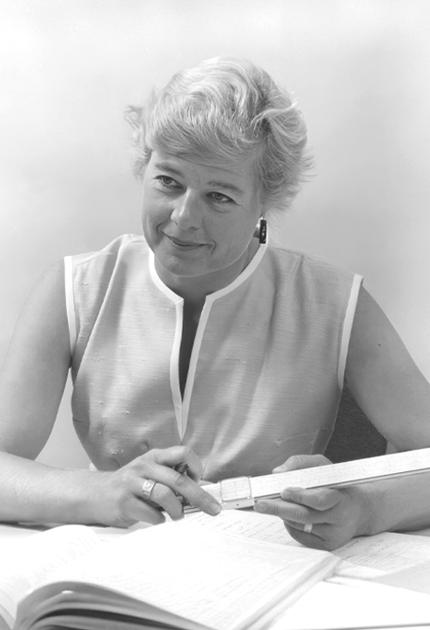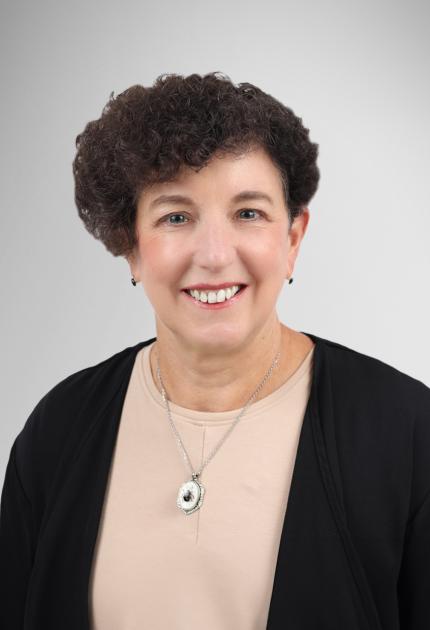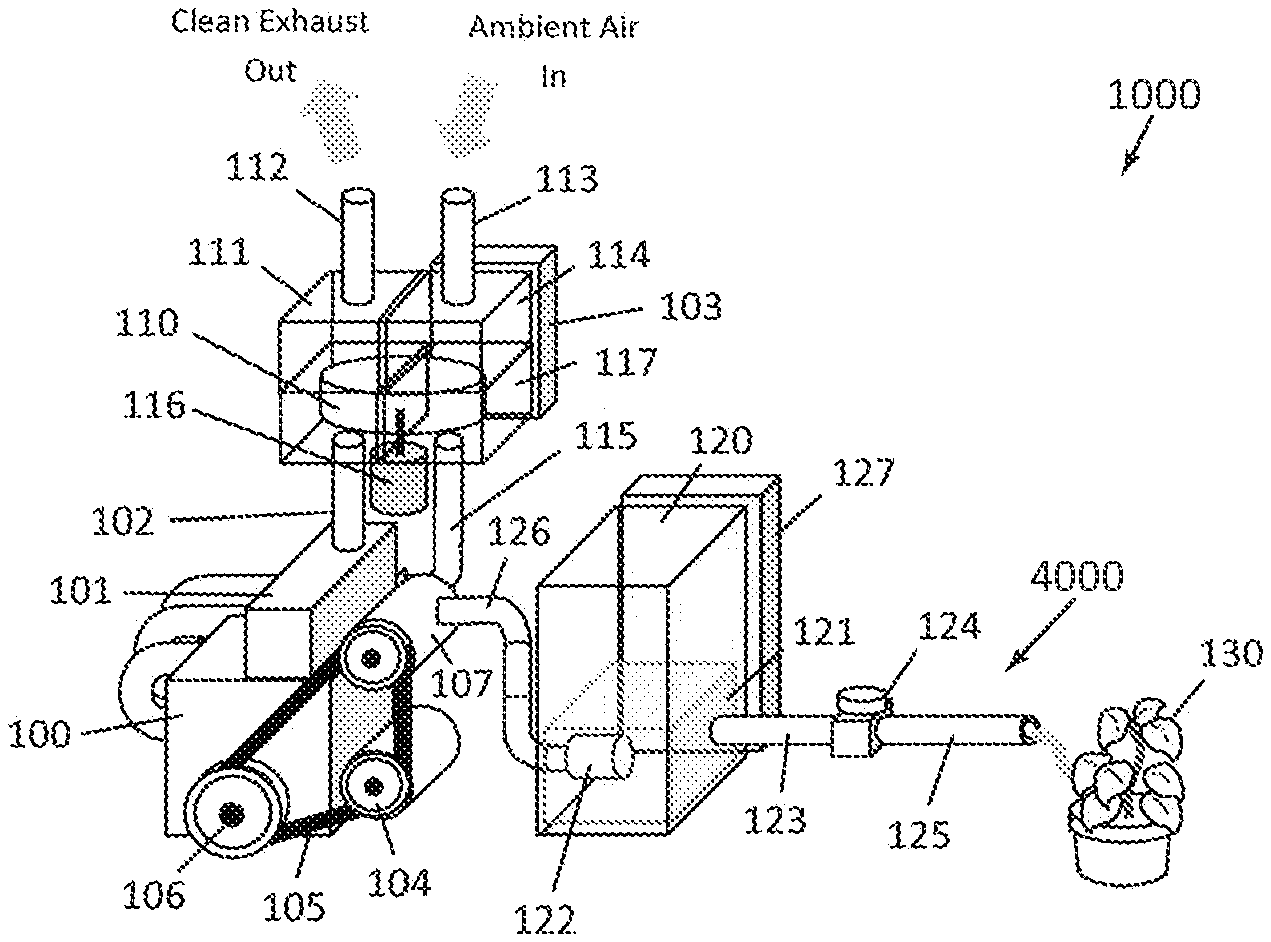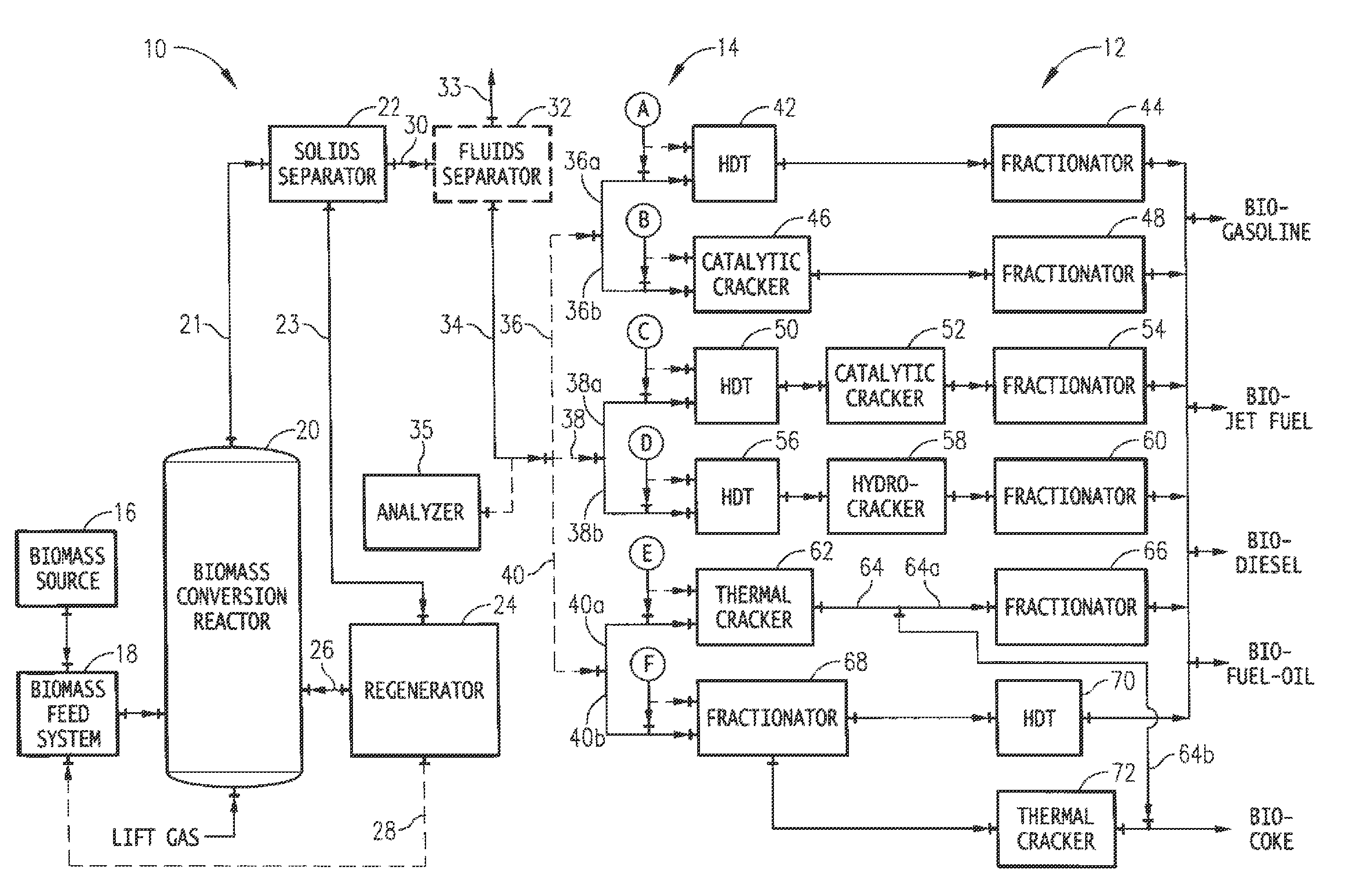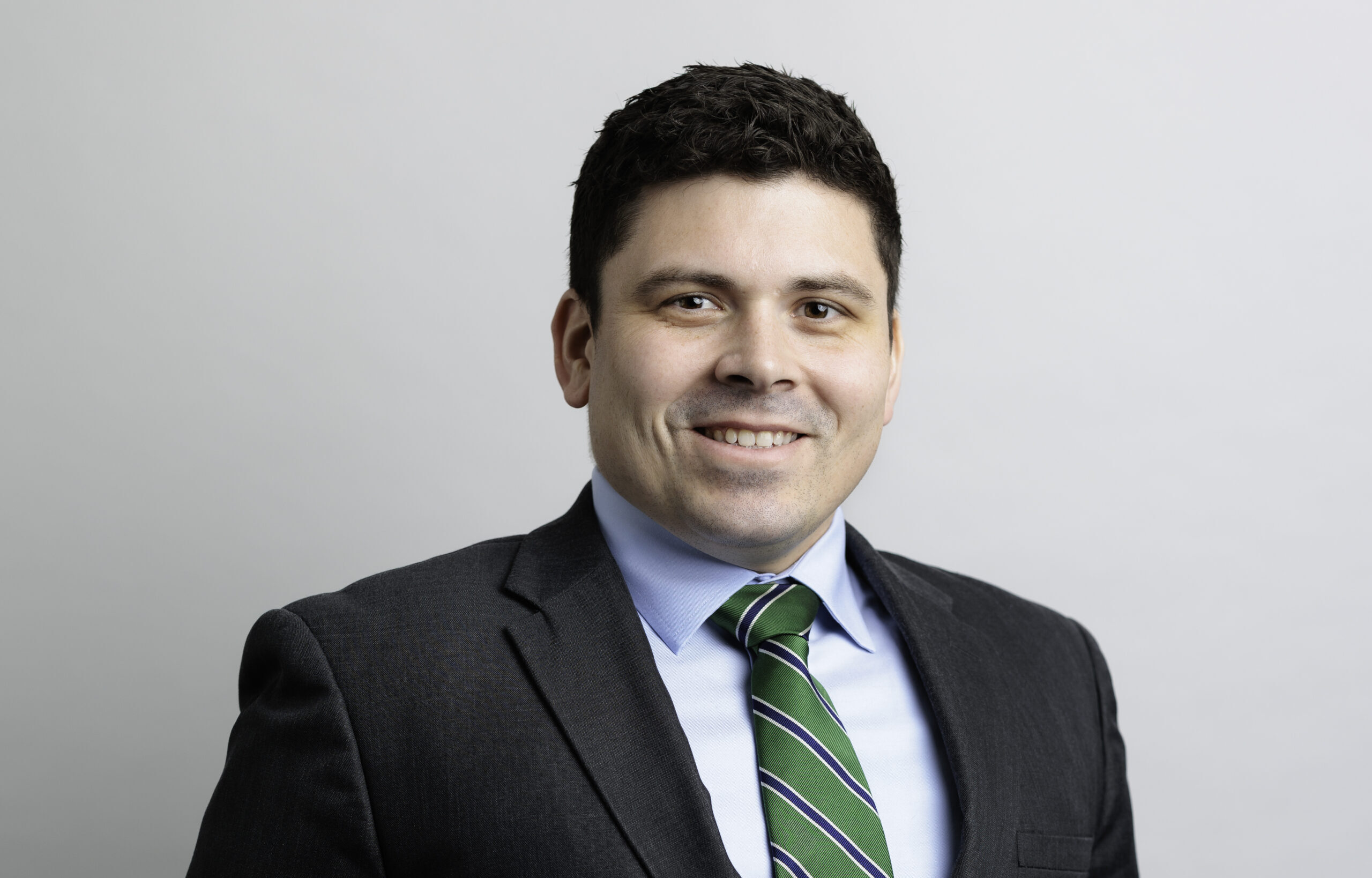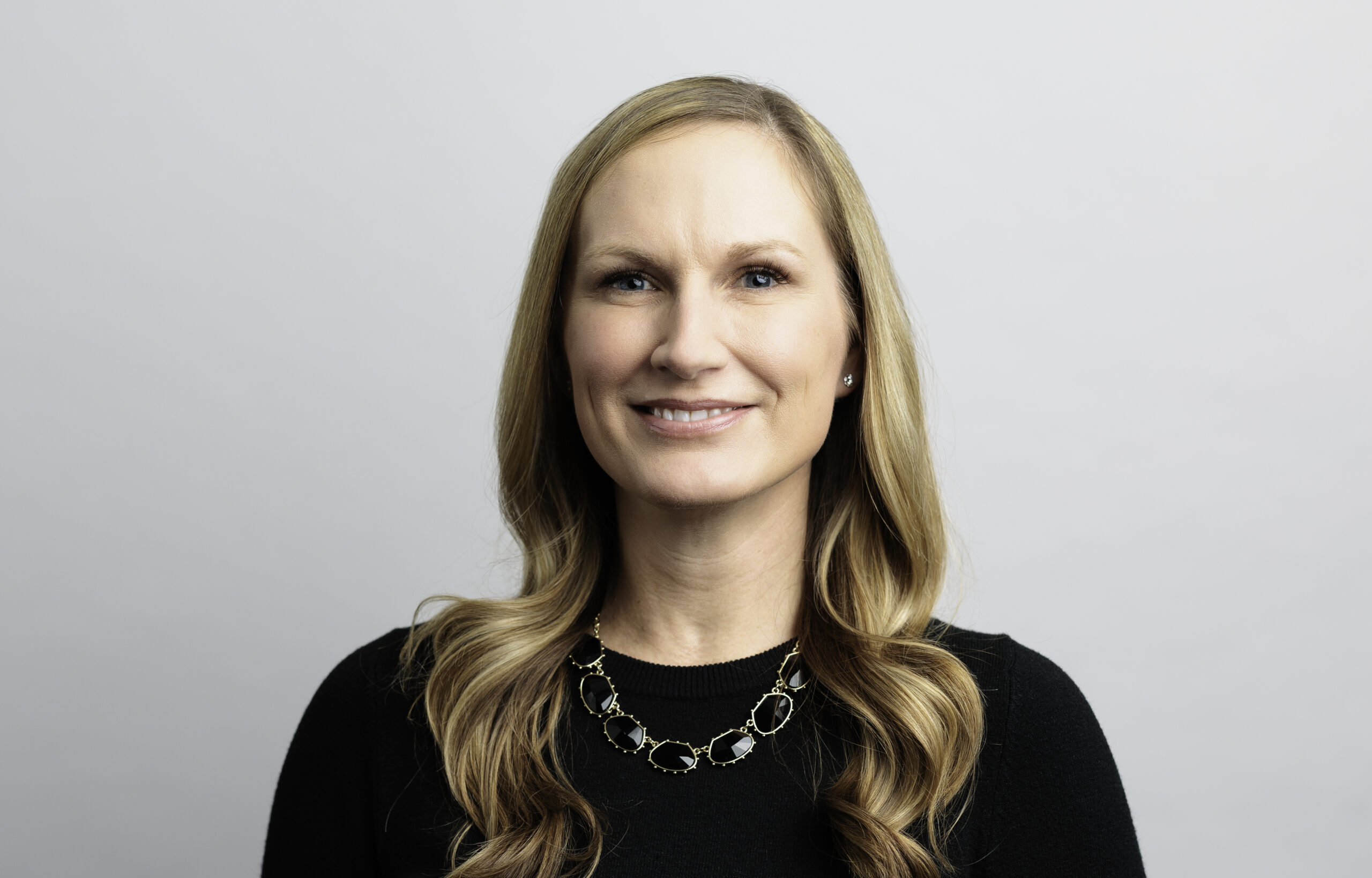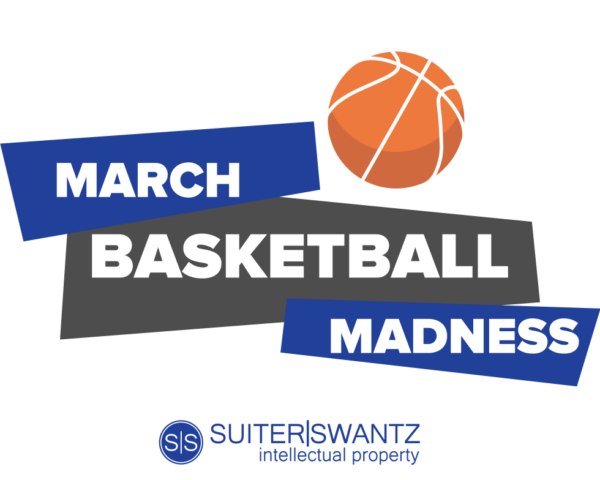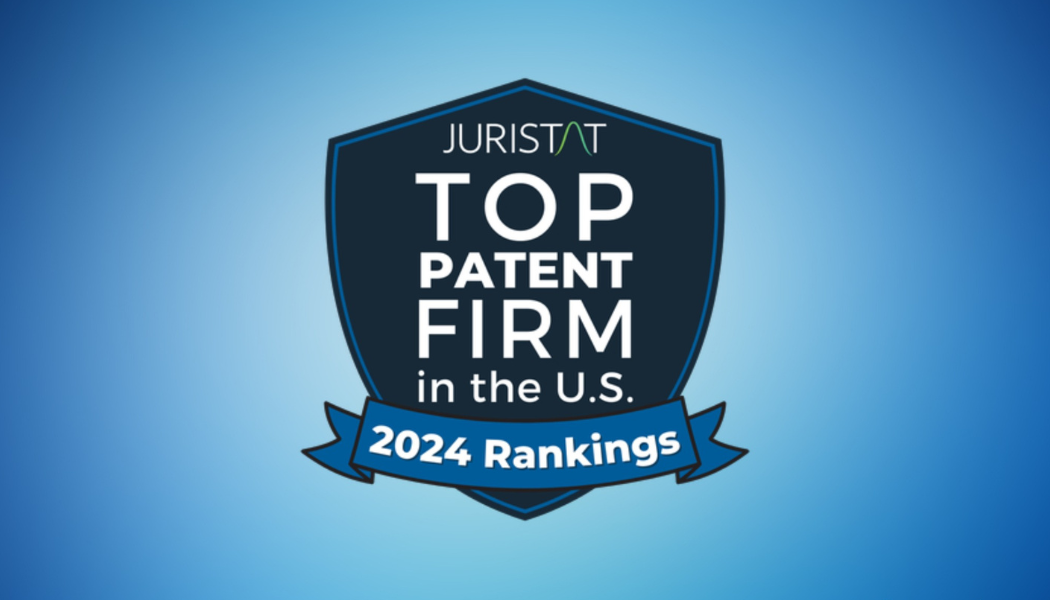Honoring Memorial Day Through Innovation: A Look at Patents That Celebrate Remembrance
Honoring Memorial Day Through Innovation: A Look at Patents That Celebrate Remembrance
Memorial Day is a time for reflection, gratitude, and honoring those who have served our country. Many observe the holiday through ceremonies, parades, and gatherings, however innovation has also played a unique role in shaping the way we can commemorate this day. Over the years, inventors have sought to create meaningful ways to enhance Memorial Day traditions, leading to patents that help preserve the spirit of remembrance.
The Earliest Memorial Day Patent
Floral Figure, U.S. Patent No. 489,218
One of the earliest patents related to Memorial Day—then known as Decoration Day—dates back to 1893. U.S. Patent No. 489,218 introduced a Floral Figure, designed to be placed on graves as a tribute to fallen soldiers. Flowers have long been a symbol of remembrance, and this provided a structured way to honor loved ones with floral arrangements that could be displayed on special occasions.
The Electric Lawn Ornament
Fast forward to 1958, and innovation took a more modern turn with U.S. Patent No. 2,857,507, which disclosed an Electric Lawn Ornament. This invention allowed families to illuminate their tributes, ensuring that memorial displays remained visible even after sunset. The use of light in remembrance has become a common practice, symbolizing eternal gratitude and the lasting impact of those who served.
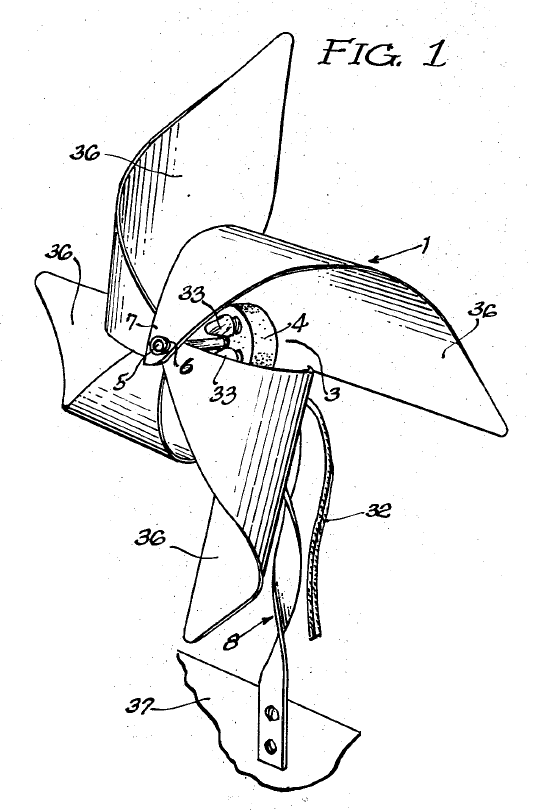
The Commemorative Flag Holder
Flags are a central part of Memorial Day observances, representing national pride and honoring those who made the ultimate sacrifice. U.S. Patent No. D506,703 introduced a combination Commemorative Flag Holder, Flag Pole, and Flag, providing a structured way to display flags. This reinforces the tradition of placing flags at cemeteries, ensuring they remain upright and properly presented.
Innovation Can Reinforce Remembrance
These patents highlight how innovation has contributed to Memorial Day traditions. As we observe Memorial Day, our team at Suiter Swantz IP recognizes not only the sacrifices made but also the ways in which innovation continues to shape how we remember and pay tribute.
Troy Anderson returns to teaching at the College of Engineering at the University of Nebraska-Lincoln
Troy Anderson returns to teaching Legal Considerations for Engineering Managers at the College of Engineering at the University of Nebraska-Lincoln
Suiter Swantz IP shareholder and patent attorney, Troy Anderson, is once again teaching the course on Legal Considerations for Engineering Managers for the Masters of Engineering Program at the University of Nebraska Lincoln.
The course provides a comprehensive survey of various legal topics that are crucial for businesses, particularly for engineering managers. Students delve into subjects such as intellectual property, contracts, torts, the role of federal agencies, antitrust law, and agency law.
Troy is honored to be a part of this prestigious program, which is ranked in the top 5 of all online engineering masters programs in the country and attracts students from across the nation. This is Troy's second year teaching this course, and he enjoys sharing his expertise with rising engineering leaders.
Troy holds an undergraduate degree in Electrical Engineering, a Ph. D and M.S. in Optics, and received his Juris Doctor from the University of Nebraska College of Law. He is also admitted to the Nebraska Supreme Court and the U.S. District Court of Nebraska and is also registered to practice before the United States Patent and Trademark Office.
Join us in wishing him and his students a successful and enlightening semester!

Suiter Swantz IP is a full-service intellectual property law firm providing client-centric patent, trademark, and copyright services. If you need assistance with an intellectual property matter and would like to speak with one of our attorneys, please contact us at info@suiter.com.
Celebrating National Inventors Month and 2025 National Inventors Hall of Fame Inductees
Honoring the Inventors Who Are Shaping the Future: 2025 National Inventors Hall of Fame Inductees
May is National Inventors Month! Established in 1998, this month-long recognition highlights significant innovations, past and present. As part of the celebration of innovation each year, the National Inventors Hall of Fame welcomes a remarkable class of inductees whose contributions have shaped industries and improved lives. Among them this year are four inventors whose groundbreaking work has left a lasting impact: Virginia Holsinger, Richard Schatz, Virginia Norwood, and Pamela Marrone. Our team at Suiter Swantz IP congratulates these and all other 2025 inductees.
Virginia Holsinger: Advancing Dairy Science for Global Nutrition
Dairy Product Innovations, U.S. Patent No. 6,258,391
Virginia Holsinger revolutionized the dairy industry with her research on enzymes and digestion, leading to the development of Lactaid®—a product that made milk accessible to those with lactose intolerance. Her work also improved nutrition in American schools and international food donation programs, ensuring healthier dairy products reached communities worldwide. Holsinger’s contributions continue to benefit millions, proving that scientific innovation can drive meaningful change.
Richard Schatz: Pioneering Life-Saving Coronary Stents
Palmaz-Schatz Coronary Stent, U.S. Patent Nos. 5,195,984; 5,902,332
Cardiologist Richard Schatz collaborated with fellow Hall of Fame inductee Julio Palmaz to develop the Palmaz-Schatz coronary stent, a breakthrough in treating coronary artery disease. Since its introduction in 1988, this stent and its derivatives have saved millions of lives by significantly reducing mortality and morbidity. Schatz’s dedication to medical innovation has reshaped cardiovascular care, making life-saving treatments more effective and accessible.
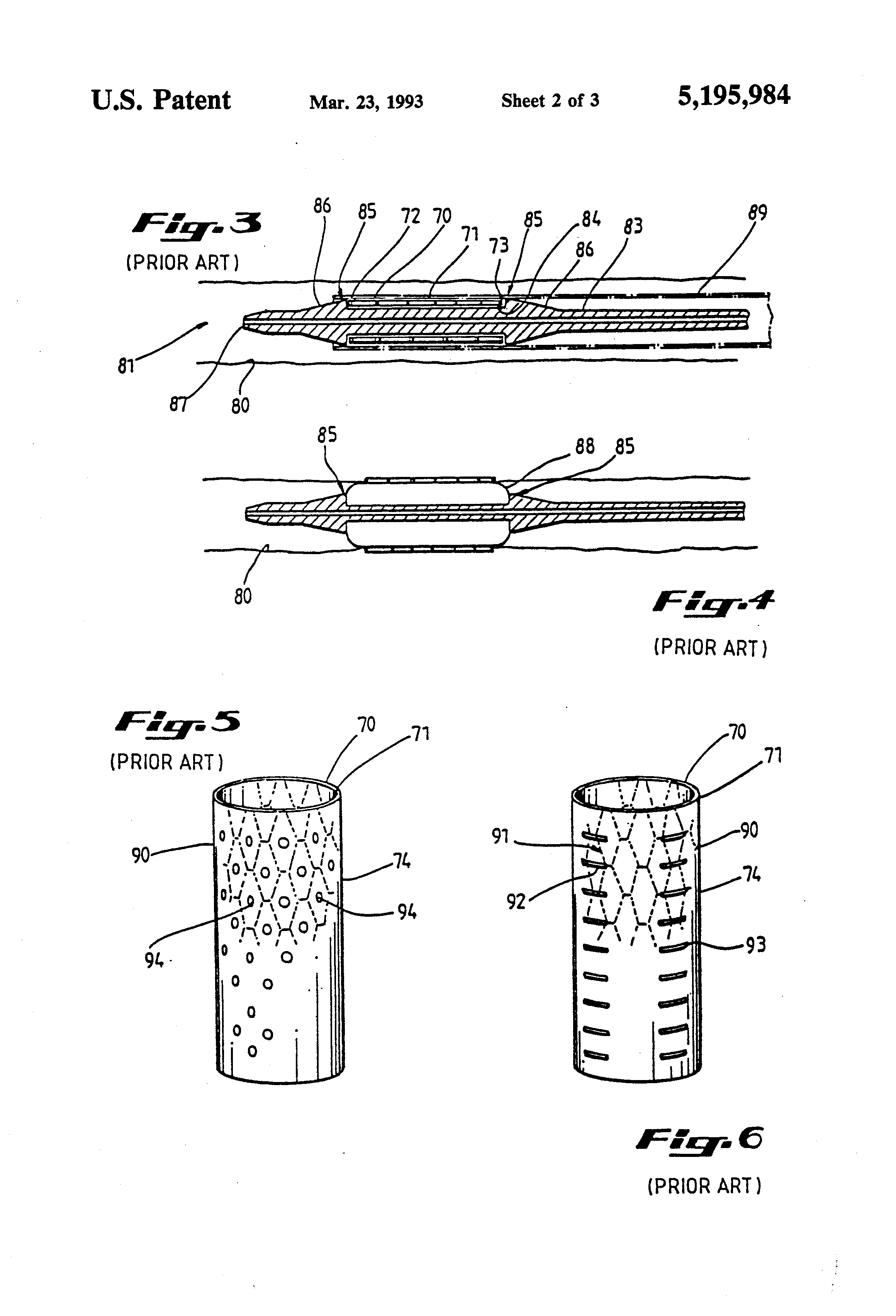
Virginia Norwood: First Satellite to Study and Monitor Earth’s Landmasses
Multispectral Scanner, U.S. Patent No. 2,746,035
With a natural aptitude for mathematics, and a degree from Massachusetts Institute of Technology (MIT), Virginia Norwood created the Multispectral Scanner (MSS), a groundbreaking satellite instrument that has helped image Earth for decades. First launched in 1972, the MSS revolutionized remote sensing technology, which provided valuable data for studying our planet.
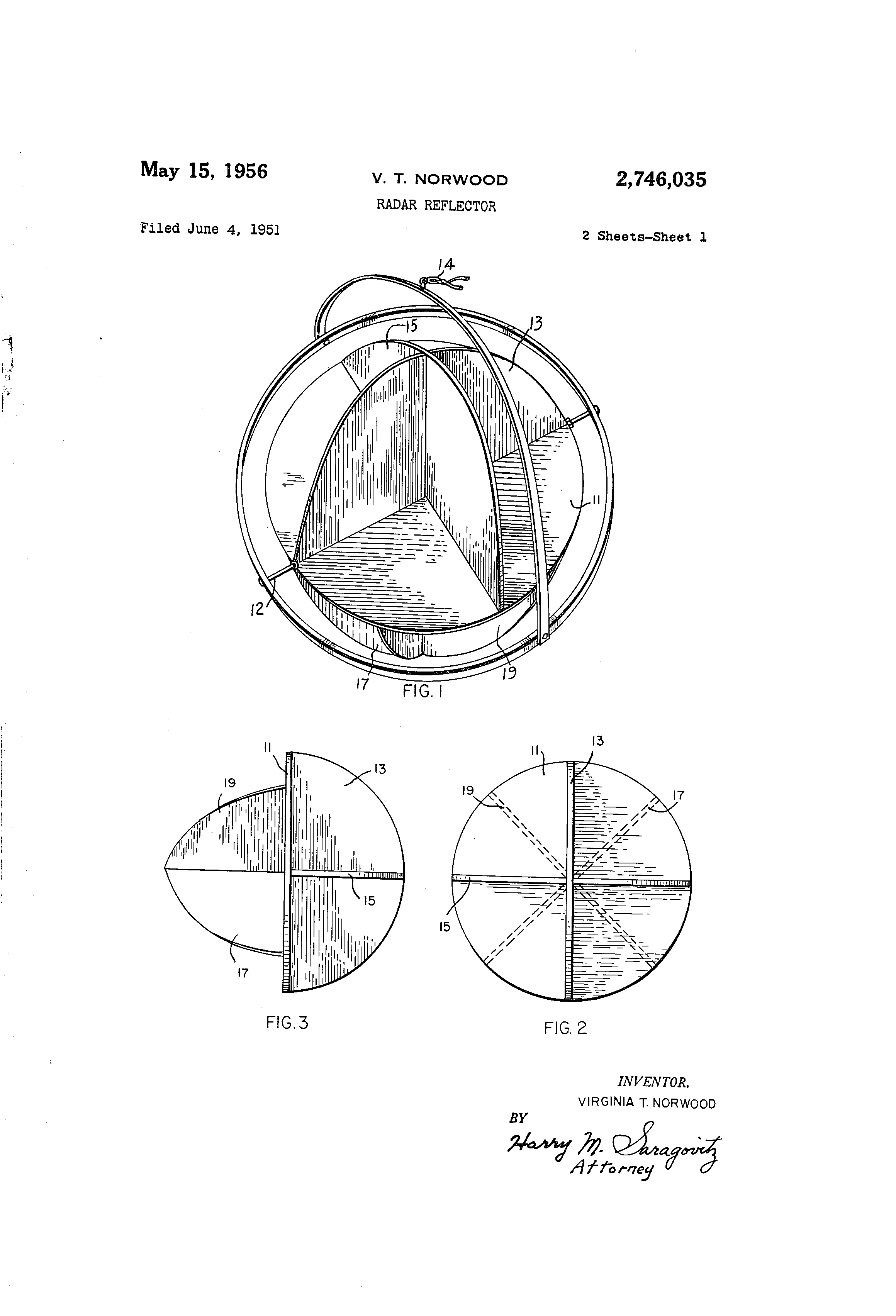
Pamela Marrone: Championing Sustainable Pest Control
Biological Pest Control, U.S. Patent Nos. 6,060,051; 11,382,331
Entrepreneur and entomologist Pamela Marrone has led the charge in biological pest control, developing environmentally responsible solutions for plant health and pest management. Her work in biopesticides has provided farmers with sustainable alternatives to chemical pesticides, reducing environmental impact while maintaining agricultural productivity. Marrone’s dedication to innovation in agriculture underscores the importance of science-driven sustainability.
Honoring Inventors Who Shape the Future
At Suiter Swantz IP, we celebrate the achievements of the 2025 inductees and recognize the importance of protecting intellectual property across all industries. The legacies of these–and all 2025 inductees–remind us that innovation is not only about creating—but improving lives and changing our communities for the better.
To learn more about the entire 2025 National Inventors Hall of Fame inductees, visit the official site.
Chad Swantz returns to teaching Patent Law at Creighton University
Chad Swantz, Co-Owner and Patent Attorney at Suiter Swantz IP, returns to teaching Patent Law course at Creighton University
Suiter Swantz IP Co-Owner and Patent Attorney, Chad W. Swantz, returned for his second year as an Adjunct Professor at Creighton University School of Law and is teaching Patent Law at the law school this semester.
The course examines the legal protection available through patents, with emphasis on the acquisition, maintenance, exploitation, limits and enforcement of patent rights.
Chad enjoys teaching fundamental patent law principles and practical techniques to his students. Chad began teaching at Creighton in 2023.
Chad holds an undergraduate degree in Electrical Engineering, a Master’s in Business Administration, and received his Juris Doctor from the University of Nebraska College of Law. He is also admitted to the Nebraska Supreme Court and the U.S. District Court of Nebraska and is also registered to practice before the United States Patent and Trademark Office.

Suiter Swantz IP is a full-service intellectual property law firm providing client-centric patent, trademark, and copyright services. If you need assistance with an intellectual property matter and would like to speak with one of our attorneys, please contact us at info@suiter.com.
Looking Toward a Greener Future: Patents That Shape Environmental Progress
Looking Toward a Greener Future: Patents That Shape Environmental Progress
With Earth Day on the horizon, it’s a great time to highlight the technological advancements that help protect and sustain our planet. Recent patents in carbon capture and weather-related advancements contribute towards solutions that address environmental challenges. Here are a few patents that play a role in the ongoing effort to shape a green future.
Artificial Rain Technology (Issued December 28, 1929)
An early patent in weather modification was granted in 1929 and describes a process for generating artificial rain by dispersing hygroscopic substances—materials that absorb moisture—into the atmosphere. The method involves releasing compounds like calcium chloride, magnesium chloride, and phosphates from aircraft, allowing them to attract water vapor as they fall through the air. By passing through cloud layers, these substances enhance condensation, potentially leading to rainfall. This early innovation in weather modification aimed to address drought conditions and improve agricultural productivity especially in water-scarce communities or regions.
Carbon Capture and Storage (Issued June 20, 2023)
With climate change at the forefront of global concerns, carbon capture technology has become a crucial innovation. Enhanced CO₂ capture and storage, allowing industries to reduce their carbon footprint by trapping emissions before they reach the atmosphere, began in larger volume and scale in the early 2000s. This carbon capture system captures carbon dioxide from fossil fuel emissions, stores it in water, and uses it to nourish plants. By recycling CO₂ through natural photosynthesis, it helps reduce emissions and support environmental sustainability.
Carbon capture system, apparatus, and method
Image: Google Patents
Production of Renewable Biofuels (Issued September 20, 2016)
The process described in U.S. Patent No. 9, 447,338 produces renewable fuels in commercial quantities with enhanced efficiency by integrating a bio-oil production system with a conventional petroleum refinery. This technique bridges the gap between renewable and traditional energy sources by making sustainable fuels more accessible. The combination produces cleaner fuels at a larger scale without requiring brand new infrastructure.
Image: Google Patents
The Future of Environmental Patents
These patents represent a small fraction of the innovations that have shaped environmental progress. As technology continues to evolve, new solutions will emerge to address climate challenges and promote sustainability. This Earth Day, Suiter Swantz IP wishes to celebrate the ingenuity that drives positive change—and we continue to support advancements that will protect our planet for generations to come.
Suiter Swantz IP Welcomes Adam Wright to the Team
Adam Wright is a patent attorney with Suiter Swantz IP. Adam received his B.S. in Biochemistry and a minor in History from the University of Missouri-Columbia and his Juris Doctor from the University of Missouri School of Law.
Adam joined the firm as a Patent Attorney in 2025 after working as an intellectual property attorney for a regional IP law firm and national full-service law firm.
Adam is admitted to the Missouri Supreme Court, the Kansas Supreme Court, the Western District of Missouri, the Eastern District of Missouri, and the District of Kansas. He is also registered to practice before the United States Patent and Trademark Office.
Outside of the office, Adam enjoys spending time with his wife and two children, training for triathlons, and hunting and fishing.
We are excited to welcome Adam to Suiter Swantz IP and value the expertise he brings to the firm!
For more information, refer to our team page.
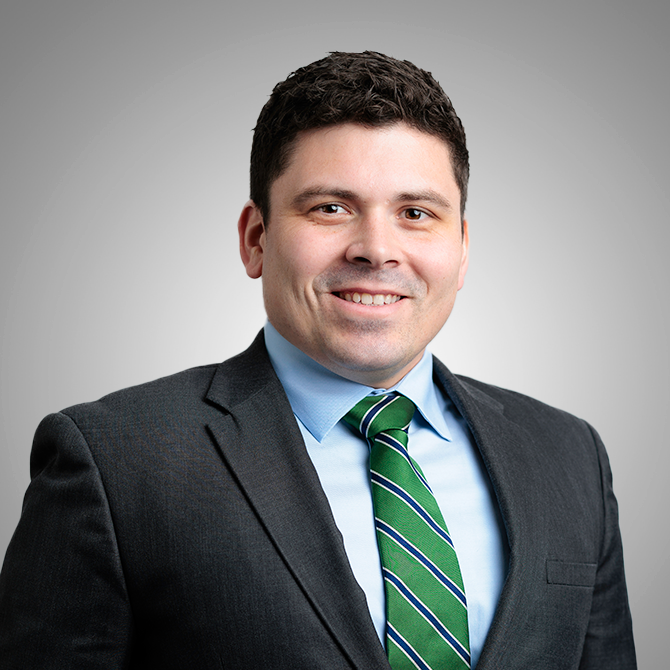
Suiter Swantz IP is a full-service intellectual property law firm providing client-centric patent, trademark, and copyright services. If you need assistance with an intellectual property matter and would like to speak with one of our attorneys, please contact us at info@suiter.com.
Suiter Swantz IP Welcomes Amy Brooks to the Team
Amy Brooks joined Suiter Swantz IP as the accounting manager for the firm in 2024. She holds a Bachelor of Arts Degree in Accounting from Briar Cliff University, as well as an Associate's degree in financial services.
Amy has extensive experience in all areas of accounting. Her professional background includes holding key roles as Controller and Accounting Manager at several prominent Omaha businesses.
Outside of work, Amy enjoys spending time with her family and exploring her passion for personal finance.
We are happy to have Amy with us here at Suiter Swantz IP and appreciate the experience she brings to the firm!
For more information about Amy, refer to our team page.

Suiter Swantz IP is a full-service intellectual property law firm providing client-centric patent, trademark, and copyright services. If you need assistance with an intellectual property matter and would like to speak with one of our attorneys, please contact us at info@suiter.com.
The Evolution of Basketball: Patents That Shaped The Game
The Evolution of Basketball: Patents That Shaped the Game
As we dive into the world of basketball and get ready for the “madness,” it's fascinating to see how patents have shaped the game we love today. From the ball itself to the hoops and shoes, each innovation has contributed to the evolution of basketball. Let's take a closer look at some key patents that have made a significant impact.
Basketball: US Patent 1,718,305 (1929)
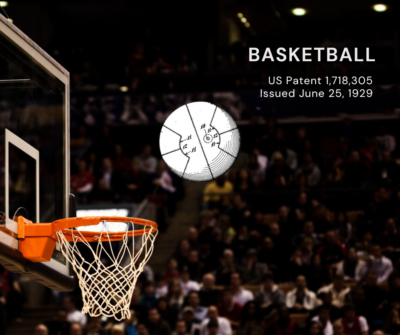
The basketball we know today has come a long way since its first iteration. In 1929, George L. Pierce was awarded US Patent No. 1,718,305 for his design of the basketball.
This patent addressed issues with earlier balls, which were made from panels of leather that tapered to points at the sphere's poles where they were laced together. Pierce's design changed the shape of the panels and stitched the ball closed, resulting in a more balanced and resilient ball.
Fun fact: Until the late 1950s, basketballs were actually dark brown! It was a college basketball coach, Tony Hinkle, who thought the color was too dark for fans to see, leading to the iconic orange basketball we use today.
Basketball Goal/Hoop: US Patent 2,053,635 (1936)
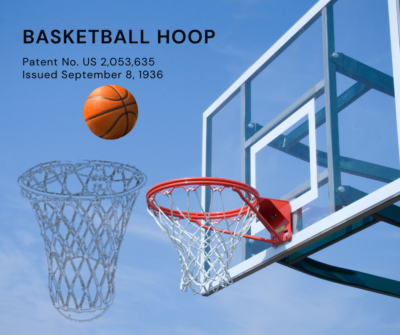
The evolution of the basketball hoop is equally intriguing. Alvie Sandberg patented one of the closest versions to the modern-day net in 1936 with US Patent No. 2,053,635. This is the same design still used today in basketball games worldwide.
Before this, the game was played with peach baskets, which had to be manually emptied after each score. Sandberg's innovation allowed for a more seamless and efficient game.
Whistle with possession control indicating system: US Patent 7,987,809 (2011)
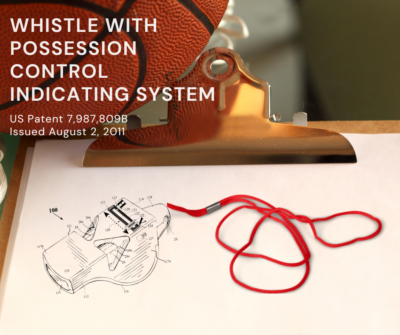
In 2011, Luis H. Uribe and Anthony J. Palmeri patented a revolutionary whistle with possession control indicating system under US Patent No. 7,987,809. This innovative design integrates a possession indicator directly into the whistle, allowing referees to accurately track which team has possession without taking their eyes off the game. The whistle features a friction lock slider or a pop-up indicator that displays 'H' for home team or 'V' for visitor team, ensuring precise and efficient game management. This advancement has significantly improved the accuracy and efficiency of basketball officiating.
Basketball Shoes: US Patent 1,962,526 (1934) & US Patent 5,276,983 (1994)
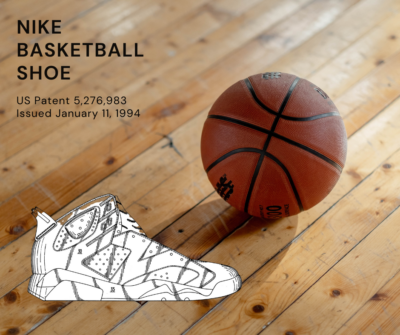
No basketball game is complete without the right shoes. In 1934, John T. Riddell received US Patent No. 1,962,526 for his design of basketball shoes.
These shoes featured a rubber sole attached to a leather upper, providing players with better traction and durability. While the design may seem simple compared to today's high-tech basketball shoes, it was a significant step forward in the evolution of sports footwear.
Fun fact: Riddell is the owner of several sports-related patents, including football helmets!
Then, in 1994, Nike's Tinker Hatfield patented an innovative design for athletic shoes with US Patent No. 5,276,983. This patent introduced a backtab pull and tongue pull, making it easier for wearers to don and remove snug-fitting athletic shoes. The backtab pull includes a strap on the shoe's posterior, while the tongue pull features holes in the extended tongue, allowing for a controlled and evenly distributed pulling force. This design significantly improved the functionality and comfort of athletic footwear. Nike continues to innovate athletic footwear.
Summary of Game-Changing Innovations
From the ball to the hoop to the shoes, each patent has played a crucial role in shaping the game of basketball. These innovations have not only improved the quality of the game but have also contributed to its global popularity. As we celebrate the game of basketball this March, let’s cheer for our favorite teams to win the bracket – and let's appreciate the inventors and their groundbreaking contributions that have made the sport what it is today.
John Squires Nominated as Next Director of USPTO
John Squires Nominated as Next Director of USPTO
President Donald Trump has nominated John Squires as the next Director of the United States Patent and Trademark Office (USPTO). The nomination, announced on March 10, 2025, has been referred to the Senate Judiciary Committee for consideration. If confirmed, Squires will succeed Kathy Vidal, who served as the USPTO Director during the Biden Administration.
John Squires Background
John Squires is currently the Chair of the Emerging Companies and IP practice at Dilworth Paxson LLP, a position he has held since 2017. He has a background in both patent litigation and prosecution, with a focus on FinTech and risk management. His career began at Morgan & Finnegan in 1992, where he practiced both patent prosecution and litigation. He later moved to Clifford Chance LLP, representing clients in the chemical, biotech, pharma, technology, and manufacturing sectors. Squires also served as Chief IP Counsel at Goldman Sachs from 2000 to 2009, where he founded the bank’s IP practice.
Implications for Strong Patent Rights
Squires' nomination is seen by many as a positive development for those advocating for strong patent rights. He has been described as relatively pro-patent, and his experience in both the private sector and law firms positions him well to understand modern IP challenges. However, his past commentary on patent trolls has been negative, which may raise concerns among some stakeholders. Overall, his nomination is expected to bring a balanced approach to patent eligibility, post-grant proceedings, and the growing patent application backlog.
Views on Patent Eligibility (Section 101) and Software Patents
John Squires has expressed views on patent eligibility under Section 101, advocating for broader standards that would encompass a wider range of inventions, particularly those related to finance and banking. He co-authored an amicus brief in the Bilski v. Kappos case, which argued for more inclusive patent eligibility criteria. Squires believes that expanding patent eligibility through legislation, especially for software and FinTech innovations, is crucial for fostering innovation and protecting intellectual property. His stance on software patents is similarly supportive, recognizing the importance of protecting software-related inventions to encourage technological advancements.
Challenges Ahead
One of the most significant challenges Squires will face as the new Director of the USPTO is addressing the large backlog of unexamined patent applications. The backlog has been a persistent issue, with delays in patent examination hindering innovation and market entry strategies for many companies. The new USPTO leadership is focused on clearing the backlog, but it remains a major challenge. Squires will need to implement strategic improvements to streamline patent processes and enhance collaboration between the USPTO and the private sector. The transition to Squires' leadership is expected to bring a shift towards more technology-focused IP policies, potentially leading to updates in patent examination guidelines to better accommodate innovations in various IP areas.
Suiter Swantz IP extends its congratulations to John Squires on his nomination as the next Director of the USPTO. We look forward to seeing the positive changes and advancements that will come from his leadership.
Suiter Swantz IP is a full-service intellectual property law firm providing client-centric patent, trademark, and copyright services. If you need assistance with an intellectual property matter and would like to speak with one of our attorneys, please contact us at info@suiter.com.
Celebrating National Ag Day: Patents That Revolutionized Agriculture
Celebrating National Ag Day: Patents That Revolutionized Agriculture
National Ag Day is celebrated annually in March. It’s a day to recognize the groundbreaking innovations that have shaped modern agriculture. Patents have played a crucial role in fostering advancements in agricultural technology. Let's take a closer look at some impactful agricultural patents that have revolutionized the industry.
Eli Whitney's Cotton Gin: US Patent No. 72X (1794)
Eli Whitney, a notable innovator of his time, invented the cotton gin. The patent for this invention was issued on March 14, 1794. This simple yet effective machine separated cotton fibers from seeds, significantly reducing the labor required for cotton processing. Before the cotton gin, it took hours to produce a single pound of cotton. Whitney's invention increased productivity, allowing one machine to produce up to 50 pounds of cleaned cotton in a day. This vastly outperformed manual methods. This new invention quickly revolutionized southern agriculture, making the cultivation of short-staple cotton an exceedingly profitable venture almost overnight. The cotton gin had profound economic and social impacts on the American South, including the start of the Civil War within the next 10 years.
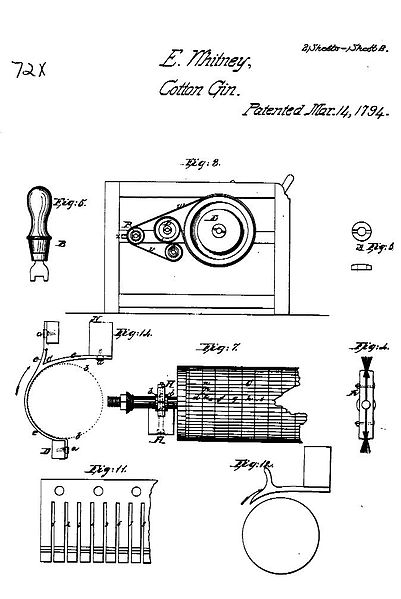
Image: The Atlantic
Hiram Moore's Combine Harvester: US Patent 9,793X (1835)
Nearly 100 years after the cotton gin, the first combine harvester emerged. Patented by Hiram Moore in 1835, it revolutionized the way crops were harvested. This machine combined three essential harvesting processes—reaping, threshing, and winnowing—into one efficient operation. Some sources say he exchanged letters with others citing his name for the machine to be the Thresher.
Early versions of the combine harvester were pulled by teams of 20 horses or mules and could harvest large fields in a fraction of the time it took manual labor. The combine harvester's efficiency and productivity have made it a staple in modern agriculture, significantly reducing the manpower required for harvesting.
Agriculture Machine U.S. Patent No. 635,501
In 1899, Jacob J. A. Morath was granted a patent (U.S. Patent No. 635,501) for his agricultural machine. The invention includes a propulsion mechanism that plows the ground and severs plant roots, with vertical adjustment capability. The traction devices allowed the machine to travel over fields and roads, steering around curves or bends. Read more about the history of this machine in a past blog post.
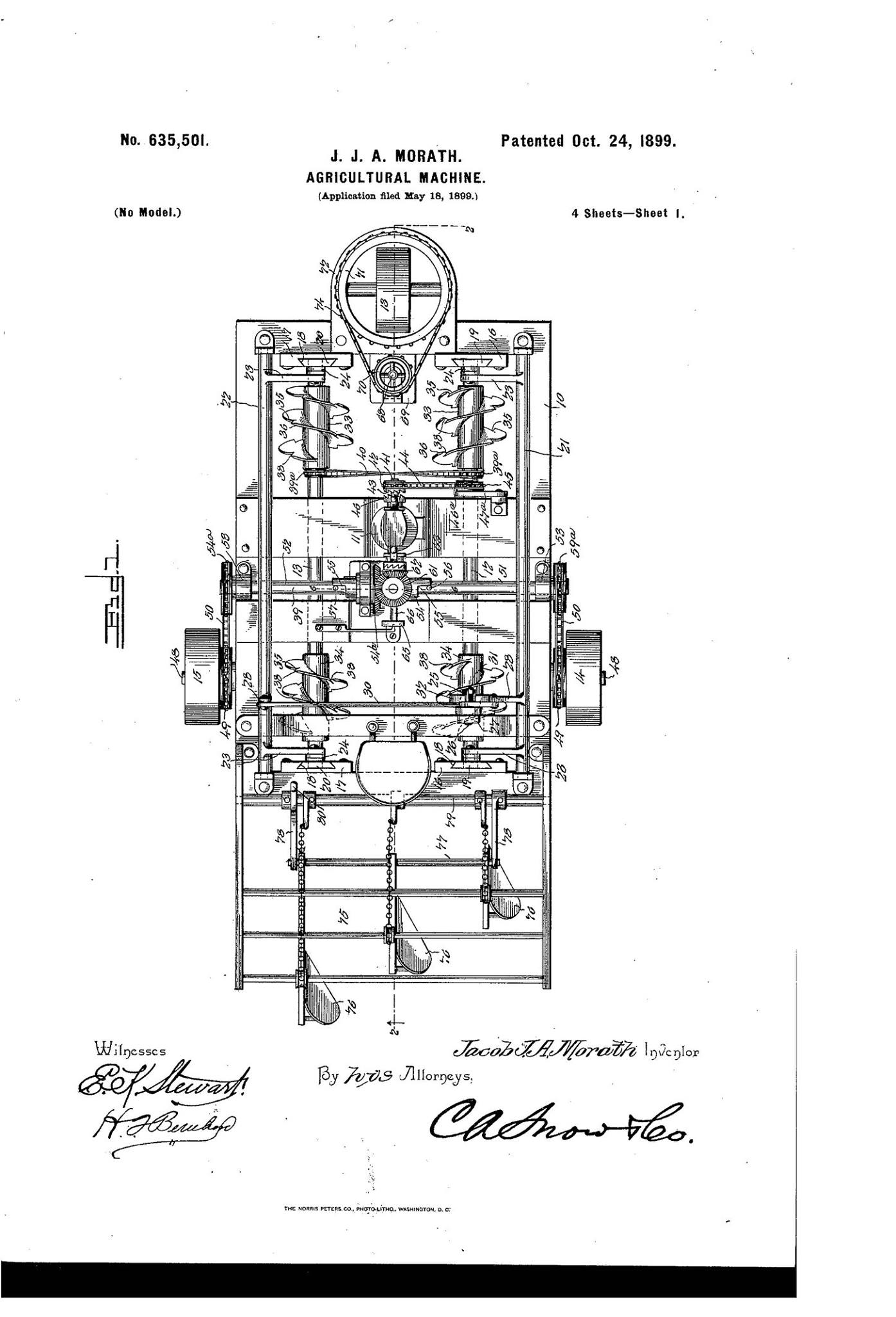
Image: Google Patents
John Deere's Weed Seed Based Harvester
John Deere has been at the forefront of agricultural innovation for nearly two centuries. One of their recent patents, US11206763B2, introduces a harvester that includes a crop path along which crops are moved, a working member to interact with weed seeds moving along the crop path, and a controller. The controller receives data indicating forthcoming weed seeds and outputs control signals to control the working member based on the data1. This technology represents a significant leap forward in precision agriculture, improving efficiency, sustainability, and crop yields.
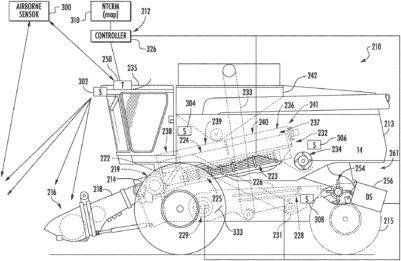
Image: Google Patents
Celebrating Achievements in Ag
As we celebrate National Ag Day, it's important to acknowledge these inventors and all the others who have contributed to transforming agriculture.
In the last 10 years, more than 40,000 patents for agricultural inputs have been granted. As the global population grows, advancing agricultural innovation becomes increasingly crucial. At Suiter Swantz IP, we are proud to support and protect the innovations that drive progress in agriculture.
***
Suiter Swantz IP is a full-service intellectual property law firm providing client-centric patent, trademark, and copyright services. If you need assistance with an intellectual property matter and would like to speak with one of our attorneys, please contact us at info@suiter.com.
Suiter Swantz IP Achieves Top Ranking in Juristat's 2024 USPTO Patent Firm Rankings
We proudly announce that Suiter Swantz IP was recognized by Juristat as the #1 firm in the country for patent allowance rate and the #4 firm overall in Technology Center 2800 of the USPTO.

Presidents' Day and Patent History
Celebrating Presidents and Patents
As we approach Presidents' Day, it's a fitting time to reflect on the unique contributions of some of our nation's leaders to the field of patents and intellectual property. At Suiter Swantz IP, we recognize the importance of innovation and the protection of intellectual property, values that were shared by some of our most esteemed presidents.
Abraham Lincoln: The Inventive President
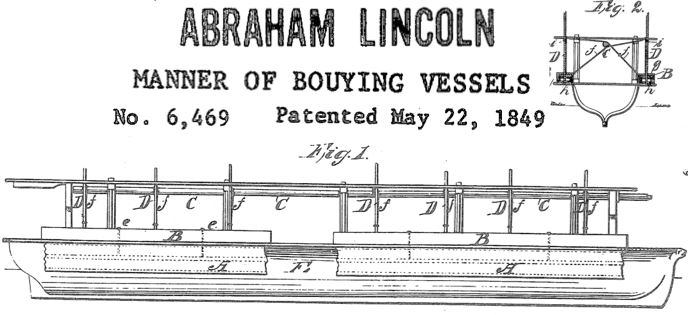
Abraham Lincoln holds the distinct honor of being the only U.S. president to have received a patent. In 1849, Lincoln was granted Patent No. 6,469 for a device designed to lift boats over shoals and other obstructions in a river. His invention, which involved the use of inflatable bellows attached to the sides of a boat, was inspired by his own experiences navigating the waterways. Although the device was never manufactured, it stands as a testament to Lincoln's inventive spirit and his deep understanding of the importance of patents in fostering innovation.
George Washington: The First to Sign a Patent
George Washington, our nation's first president, played a pivotal role in the establishment of the U.S. patent system. During his presidency, Washington signed the first patent under the Patent Act of 1790. This act required each patent to bear the signature of the president, making Washington's endorsement a crucial step in the patent process. Washington's commitment to the advancement of agriculture, commerce, and manufacturing was evident in his support for a robust patent system, which he believed would drive economic growth and innovation.
Thomas Jefferson: The First Patent Examiner
Thomas Jefferson, who served as the Secretary of State under President Washington, is often regarded as the first patent examiner. The Patent Act of 1790 established a three-member review board, including the Secretary of State, the Secretary of War, and the Attorney General, to evaluate patent applications. Jefferson's meticulous approach to reviewing patent applications set a high standard for the patent examination process. Despite his initial opposition to monopolies, Jefferson came to appreciate the value of patents in promoting creativity and innovation.
Patents in the U.S. Today
As of today, the United States Patent and Trademark Office (USPTO) has issued over 11 million patents. In 2024 alone, the USPTO granted 324,042 patents. One can only wonder if our past presidents could have envisioned the sheer volume of patents that the system they helped establish would eventually produce. Their foresight in creating a robust patent system has undoubtedly played a crucial role in fostering the innovation and technological advancements we see today.
As we celebrate Presidents' Day, let us remember the contributions of these visionary leaders to the field of patents and intellectual property. Their efforts laid the foundation for a system that continues to protect and encourage innovation, driving progress and economic growth. At Suiter Swantz IP, we are proud to carry on this legacy by providing expert patent services to inventors and businesses alike.
Suiter Swantz IP is a full-service intellectual property law firm providing client-centric patent, trademark, and copyright services. If you need assistance with an intellectual property matter and would like to speak with one of our attorneys, please contact us at info@suiter.com.

